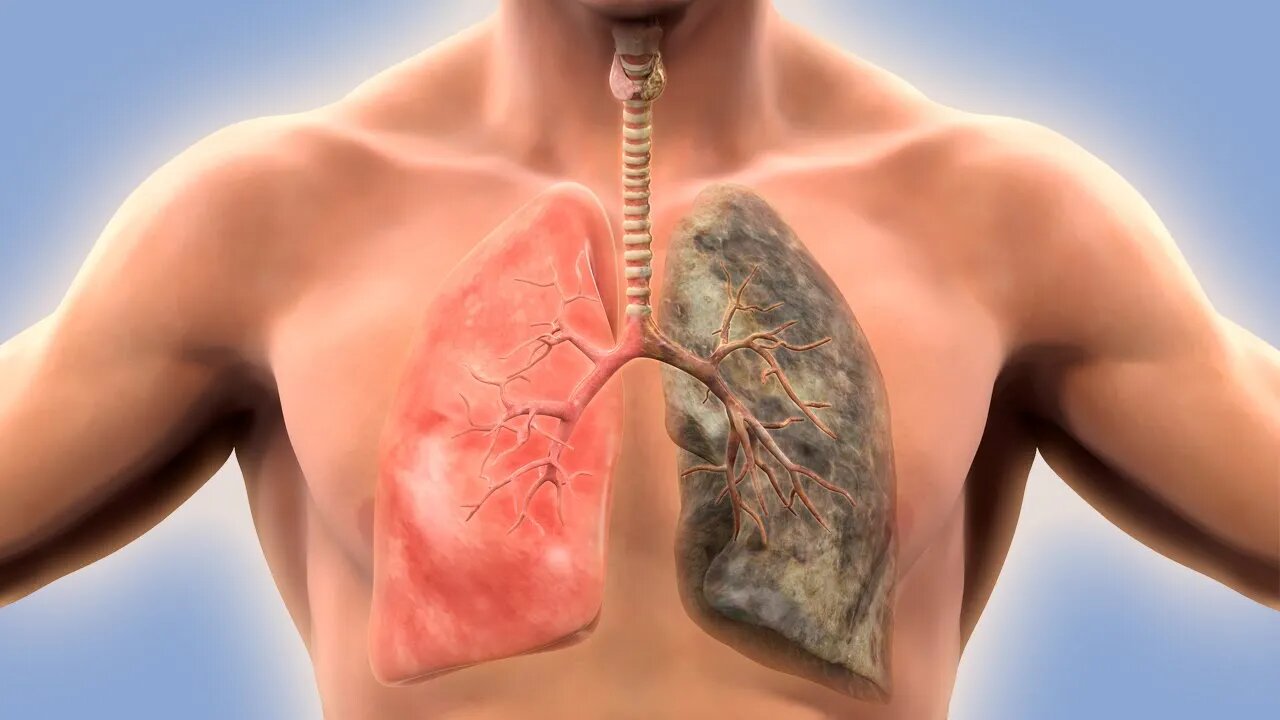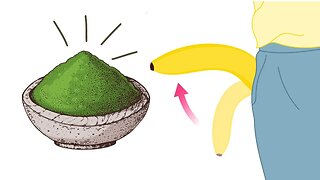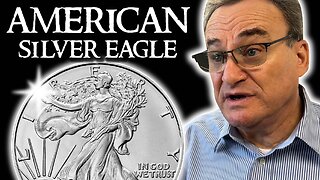Premium Only Content

How to Get Back Healthy Lungs After Smoking
Breathing in air pollution, cigarette smoke, and other toxins can damage the lungs and even cause health conditions.
Maintaining the health of the lungs is essential for keeping the rest of the body healthy.
After the lungs have had exposure to pollution, such as cigarette smoke, a person’s chest may feel full, congested, or inflamed.
Mucus gathers in the lungs to catch microbes and pathogens, which contributes to this feeling of heaviness.
If you’ve recently quit smoking, you’ve taken an important first step toward taking control of your health.
If you’re considering quitting, you may be wondering what the benefits are.
Whatever group you fall into, there’s a common concern: Can you clean your lungs after you quit smoking?
Thankfully, the lungs are remarkably good at cleaning and repairing themselves in some situations -- and there are steps you can take to keep your lungs as healthy as possible.
People may be able to use specific techniques to help clear the lungs of mucus and irritants to relieve chest congestion and other uncomfortable symptoms.
Lung cleansing techniques may benefit people who smoke, people who get regular exposure to air pollution, and those with chronic conditions that affect the respiratory system, such as asthma, chronic obstructive pulmonary disease, and cystic fibrosis.
Some of these methods may also open up the airways, improve lung capacity, and reduce inflammation, which can help reduce the effects of pollution and smoke in the lungs.
In this video, we will teach you a recipe that can help your lungs “self-clean.”
----------------------------------------
Facebook: https://bit.ly/38BWbw3
Pinterest: https://bit.ly/2Irvwa6
Disclaimer: The materials and the information contained on Natural Cures channel are provided for general and educational purposes only and do not constitute any legal, medical or other professional advice on any subject matter. These statements have not been evaluated by the FDA and are not intended to diagnose, treat or cure any disease. Always seek the advice of your physician or other qualified health provider prior to starting any new diet or treatment and with any questions you may have regarding a medical condition. If you have or suspect that you have a medical problem, promptly contact your health care provider.
-
 6:47
6:47
Natural Cures
1 year ago $1.33 earnedIf You Take Moringa Powder Every Day, This Will Happen to Your Body
4.57K3 -
 13:39
13:39
Exploring With Nug
17 hours ago $5.99 earnedCars Found Underwater While Searching Georgia Woman!
74.2K3 -
 56:50
56:50
IsaacButterfield
1 day ago $8.32 earnedSam Kerr Goes To Jail | Americas Worst Law | Teacher Of The Year
85.6K19 -
 6:14
6:14
Silver Dragons
1 day agoAmerican Silver Eagle Coins - Dealer Reveals Everything You NEED to Know
79.7K9 -
 19:18
19:18
Neil McCoy-Ward
1 day ago🚨 The USAID Scandal Goes Way Deeper Than We Could Have Imagined!
74.2K39 -
 14:29
14:29
Bearing
19 hours agoTHE BIG BALLS EFFECT - Democrats MELT DOWN Over DOGE & USAID 🔥
67.8K85 -
 11:35
11:35
China Uncensored
1 day agoChina Nuclear Fusion Breakthrough Shocks The World
81.1K53 -
 50:19
50:19
AlaskanBallistics
1 day ago $2.76 earnedI Love This Gun Podcast Episode 6
57.1K2 -
 16:35
16:35
DEADBUGsays
1 day agoPolice Stories Ep4
38.2K -
 6:15
6:15
RTT: Guns & Gear
1 day ago $1.48 earnedSaying Goodbye To A Legend - Demolition Ranch Leaving YouTube
30.7K5